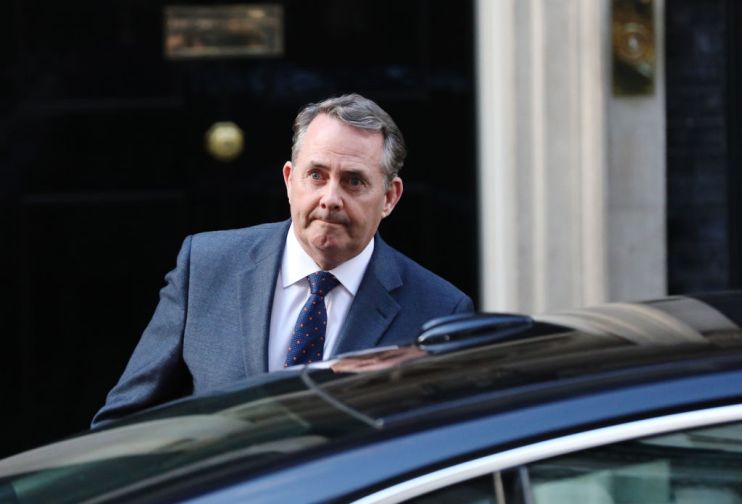Extending steel tariffs is one of Johnson’s ‘worst decisions’, says former trade secretary

Boris Johnson’s decision to extend steel tariffs on China and other countries is “one of the worst decisions taken by this government”, according to former international trade secretary Liam Fox.
The Tory MP, and Johnson’s recent candidate to head the World Trade Organisation (WTO), said the UK is “damaging our global reputation and putting other sections of our economy at risk” by embracing protectionism.
International trade secretary Anne-Marie Trevelyan told MPs on Thursday that “we have decided it is in the vital public interest that government acts to protect the steel sector” by extending steel tariffs by two years, which may put the UK in violation of WTO rules and international law.
The decision was made after the government decided that the trade barriers were needed to protect the UK steel industry from cheaper overseas imports.
The decision means that the steel industries in countries such as China, Turkey, South Korea and India will face further barriers on their UK exports.
Writing in the Sunday Telegraph, Fox said: “Protectionism, like inflation, always hits the poor hardest. This will be no different as Britain breaches our WTO commitments with our steel measures and the consequences will be essentially the same as with the Trump administration.
“While artificial protections may diminish the pressure on a few UK steel producers, retaliatory measures by those countries whose exports are hit are likely to impact on other areas of the UK economy. South Korea, with whom Britain has trade worth £13.3 billion, is unlikely to stand by and watch its steel exports restricted without taking measures of its own.”
The Trade Remedies Authority (TRA), the UK’s trade watchdog, originally said an extension of the tariffs were not justifiable for the UK, before it changed its guidance after the Department for International Trade (DIT) adjusted the parameters of its probe.
It is now widely expected that affected countries will raise legal objections or hit back with tariffs of their own on British exports.
A government spokesman said: “The measures have cross-party support and the backing of industry, and are also applied by other countries with steel industries to balance out unfair international trading practices.”